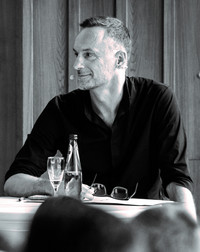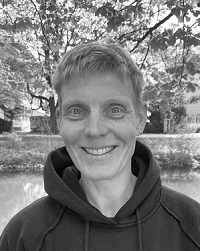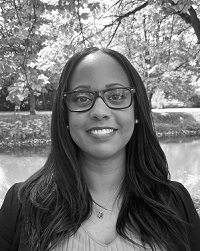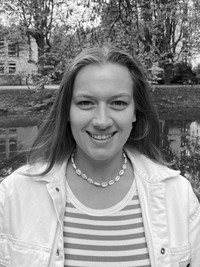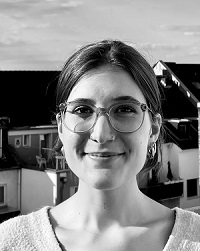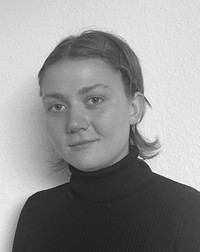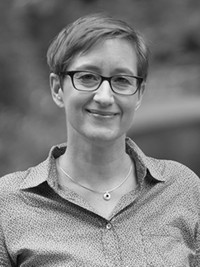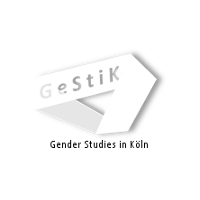GeStiK - GENDER STUDIES IN KÖLN
GENDER STUDIES examine - contrary to the conventional understanding of a 'naturally given' gender difference - the productions, constructions, materializations of 'gender' and 'gender relations' and the links with other social, cultural and scientific patterns of order and classifications. 'Gender' not only refers to very different dimensions and meanings, for example to symbolic gender orders, institutionalized gender relations, divisions of labour and modes of subjectivation, to constructions of identity, sexuality or the body, in other words to categories of structuring, differentiation, disciplining and hierarchization as a whole. As critical processes, GENDER AND QUEER STUDIES problematize dichotomous juxtapositions that create inequalities and exclusions and prevent the recognition of diverse, flexible differences and equal, fair participation.
The development and considerable scientific innovations of GENDER AND QUEER STUDIES are due in particular to their inter- and transdisciplinary procedures, approaches and networks. Nevertheless, GENDER STUDIES are always located in a disciplinary context, but at the same time they make disciplines tangible as historically specific forms of knowledge and cognition in their possibilities and limitations and promote interdisciplinary problematization and cooperation. Last but not least, the diverse theoretical and methodological perspectives and controversies within GENDER STUDIES point to the need to reflect on one's own situatedness and responsibility as a reality-creating knowledge (science) practice.
In the field of GENDER STUDIES, the UNIVERSITY OF COLOGNE has (inter-) disciplinary differentiated, innovative research and expertise, which has now been given an appropriate institutional framework with the founding of the university-wide center GENDER STUDIES IN COLOGNE (GeStiK) at the conference Immer beweGENDER: Transformations (in) Gender Studies on June 22/23, 2012.
Fields of activity of GeStiK:
-
The appeal of GENDER AND QUEER STUDIES at the UNIVERSITY OF COLOGNE will be increased through interdisciplinary profile and focus development and public presentation at the founding conference on June 22/23, 2012. Interfaculty focal points can be seen in the convergence of content in disciplinary innovations and in research into transformation processes in the five core areas I. Intersectionality and Diversity, II Queer Theory, III Gender Justice and Gender Equality Policies, IV Constructions of Masculinity and V Competencies, Learning and Education.
- Structured support for young academics (graduate college) and interdisciplinary research contexts in order to strengthen synergies through the networking of cross-faculty focal points and to facilitate new collaborations.
- To further develop the specific profile of the UNIVERSITY OF COLOGNE in teaching on a permanent basis through the university-internal cross-faculty additional certificate in Gender Studies.
- The Cologne location will be expanded through cooperation with other Cologne universities (Kunsthochschule für Medien Köln, Fachhochschule Köln, Hochschule für Musik und Tanz Köln, Deutsche Sporthochschule Köln) in the area of research and teaching and strengthened through institutional integration into the state-wide network for women's and gender studies in North Rhine-Westphalia.
- Systematic cultivation of non-academic cooperative relationships with institutions from the arts, culture and media, politics, business and education in order to make GENDER AND QUEER STUDIES at the UNIVERSITY OF COLOGNE visible as part of a civil society public sphere.
- The GeStiK - GENDER STUDIES IN KÖLN center plays a key role in initiating, bundling and organizing inter/national academic communication and cooperation , for example through conferences or the establishment of a visiting professorship.
